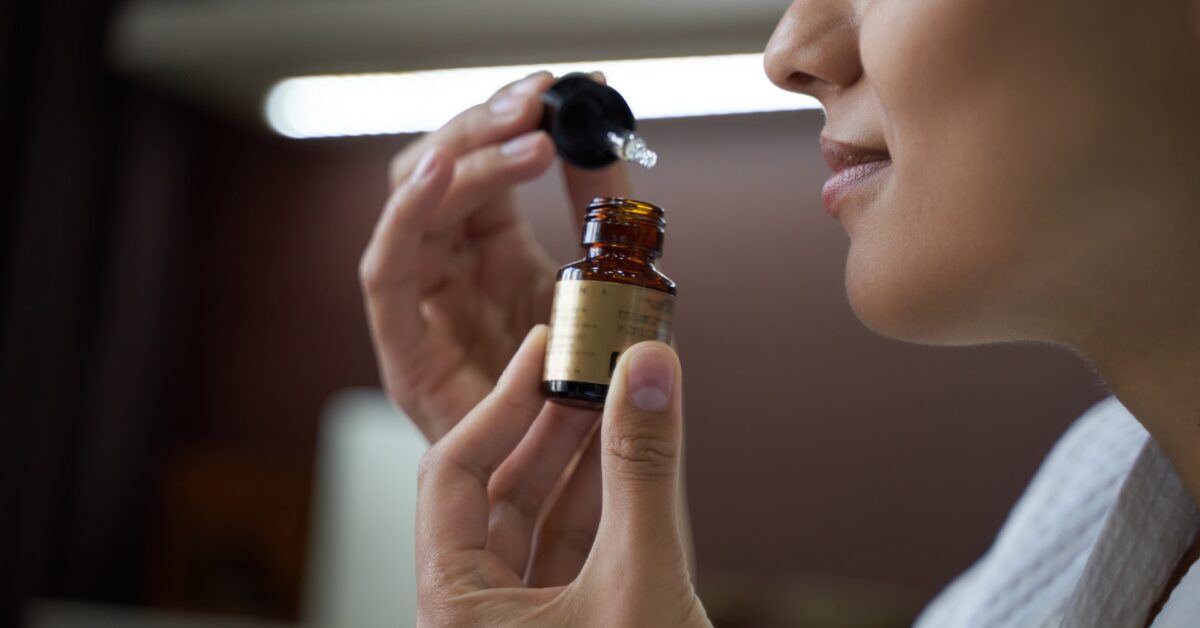Plant extracts known as essential oils are highly concentrated and offer numerous benefits. However, they are potent and should be handled carefully. Before using a lubricant, read the label and follow the directions. Also, less is more when applying essential oils, especially on the skin.
Do Your Research
While many essential oil users claim to love their natural alternative to chemical-based cleaning products and insect repellants, there is a lot of misinformation about these highly concentrated plant extracts. Researching and working with a trusted aromatherapist is essential to ensure you use the oils safely and appropriately.
Since the FDA does not regulate the essential oil business, purity and quality cannot be guaranteed. Determining what kind of ongoing training and education an aromatherapist receives is also necessary. In addition, using essential oils can interfere with medications and should be avoided in conjunction with them.
Even when diluted, certain essential oils can cause reactions, such as skin irritation or allergies. If you experience discomfort, contact your healthcare provider immediately to discuss what might be causing it. Find essential oils that have been distilled using clean methods, and you can help lower the risk of adverse reactions.
You can find high-quality essential oils here that avoid harsh solvents. Remember that essential oils are heat-sensitive and break down faster when exposed to hot temperatures. Store your oils in a cool, dark place when not in use. It will also extend their shelf life.
Don’t Dilute
Avoid putting essential oils straight on your skin; use a carrier oil to dilute them before applying to the body. It is necessary to avoid skin irritation and to protect sensitive areas like the eyes, ears, and genitalia. A 2% dilution is considered safe for most adults, but children and older people should be started with a much lower dilution.
It is also essential to use a high-quality oil, as this is more likely to contain the beneficial components that will make it therapeutic. Ingestion of essential oils can be toxic and should only occur under the guidance of a trained aromatherapist.
Some oils may cause a reaction in the digestive system, such as abdominal pain or nausea, and some may even be fatal if consumed in large amounts. Oils should be kept out of direct heat and in a dark glass bottle with a tight-fitting lid.
Sunlight and heat can cause the essential oils to break down quickly and change their chemical composition. To avoid accidental ingestion, ensure the oils are stored where children cannot access them.
Don’t Store
Oils are highly concentrated and can deteriorate when exposed to heat or sunlight. This oxidation reduces their therapeutic properties and causes them to lose their fragrance. It is essential to store them properly. The best containers for essential oils are glass bottles with tight-fitting caps.
Ideally, they should be dark glass such as amber or cobalt blue so that UV rays cannot reach and degrade the contents. Glass containers also retain the scent of the oils longer than plastic. Store your oils in a cool, dark place away from heat sources such as heaters and radiators.
Essential oils are sensitive to temperature changes and will change consistency if they experience extremes in temperature, such as becoming solid in cold weather. It does not affect their quality, but it is recommended that you give them a few minutes to warm up before using them again.
Remember that some essential oils may need to be kept in the refrigerator. It’s true for citrus oils, such as lemon and lime, because they contain high levels of limonene, which lessens with exposure to heat.
Storing these oils in the freezer is not a good idea because they will lose some of their therapeutic properties and may become rancid. Instead, please place them in a small box in the vegetable crisper or a dark glass bottle in your fridge.
Don’t Apply
Essential oils can cause various reactions, including sensitivity, irritation, or toxic effects. To avoid these undesirable side effects, use diluted crucial oils before applying them topically. Additionally, only apply a new essential oil to the skin after first doing a patch test.
You should also be aware of potential sun sensitivity when using certain oils, especially citrus oils. If you intend to use these oils on your skin, wait 12 hours before exposing your face to the sun or any other UV light source.
Finally, you should not inhale the undiluted oil directly from the bottle, as this can irritate sensitive lungs and cause various health issues. It can also be risky to inhale the vapor of an essential oil through a vape pen, which is comparable to an electronic cigarette device. The chemistry of the oil may be altered, potentially becoming toxic.
When choosing an essential oil, look for bottles that list the Latin name of the plant, the country of origin, and any additional ingredients added to the oil. You should also choose a company with a history of producing quality products and using dark-colored glass containers to preserve the purity of the product.
Essential oils are a powerful tool to add to your massage practice and can provide an extra dimension of healing experience for clients. By following these basic oil dos and don’ts, you can enjoy the benefits these precious plants offer without any risks.


